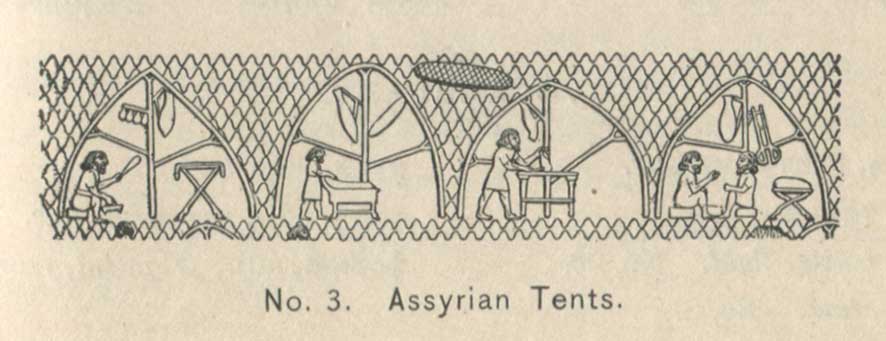THE FIRST GREEK BOOK BY JOHN WILLIAMS WHITE, PH.D, LL.D., LITT.D. Professor Of Ancient Greek At Harvard University This Revision Copyright ©2012 by Shawn Irwin
Lesson III - Nouns, Introductory| SINGULAR | PLURAL | |
| N | χώρᾱ country | χῶραι countries |
| G | χώρᾱς of country | χώρῶν of countries |
| D | χώρᾳ to country, or, for country | χώραις to counties of for countries |
| A | χώρᾱν country (as the object) | χώρᾱς countries (as the object) |
| V | χώρᾱ oh, country | χῶραι oh, countries |
| DUAL | ||
| NAV | χώρᾱ two countries, oh, two countries | |
| GD | χώραιν of two countries, to two countries, for two countries |
| SINGULAR | PLURAL | |
| N | στρατιά soldier | στρατιαί soldiers |
| G | στρατιᾶς of soldier | στρατιῶν of soldiers |
| D | στρατιᾷ to soldier or for soldier | στρατιαῖς to soldiers, for soldiers |
| A | στρατιάν soldier (as the object) | στρατιάς soldiers (as the object) |
| V | στρατιά oh, soldier | στρατιαί oh, soldiers |
| DUAL | ||
| NAV | στρατιά two soldiers, oh, two soldiers | |
| GD | στρατιαῖν of two soldiers, to two soldiers, for two soldiers |
| SINGULAR | PLURAL | |
| N | ἡ μῑκρὰ θύρᾱ the small door | αἱ μῑκραὶ θύραι small doors |
| G | τῆς μῑκρᾶς θύρᾱς of a small door | τῶν μῑκρῶν θύρῶν of small doors |
| D | τῇ μῑκρᾷ θύρᾳ to a small door, for a small door | ταῖς μῑκραῖς θύραις to small doors, for small doors |
| A | τὴν μῑκρὰν θύρᾱν small door (as the object) | τὰς μῑκρὰς θύρᾱς small doors |
| V | μῑκρὰ θύρᾱ oh, small door | μῑκραὶ θύραι oh, small doors |
| DUAL | ||
| NAV | τὼ μῑκρὰ θύρᾱ two small doors, oh, two small doors | |
| GD | τοῖν μῑκραῖν θύραιν of two small doors, to two small doors, for two small doors |

End Of Chapter
This Revision Copyright ©2012 by Shawn Irwin